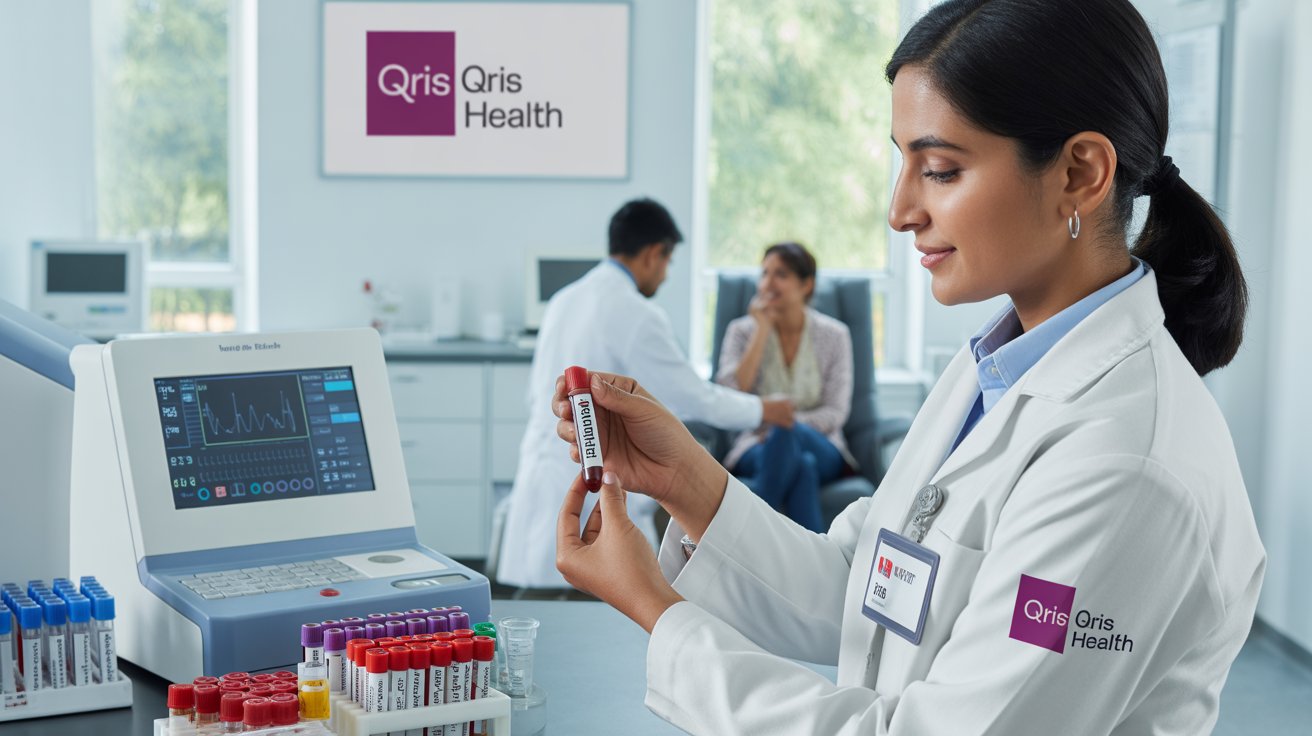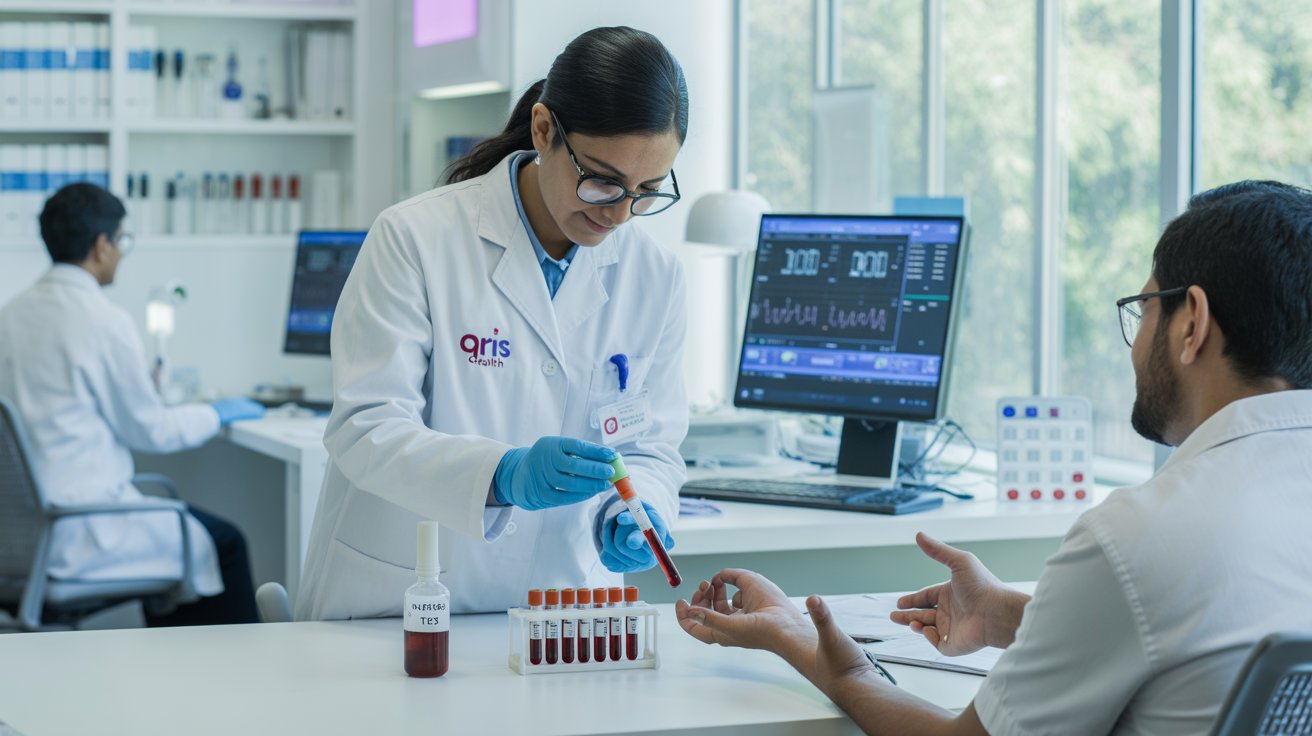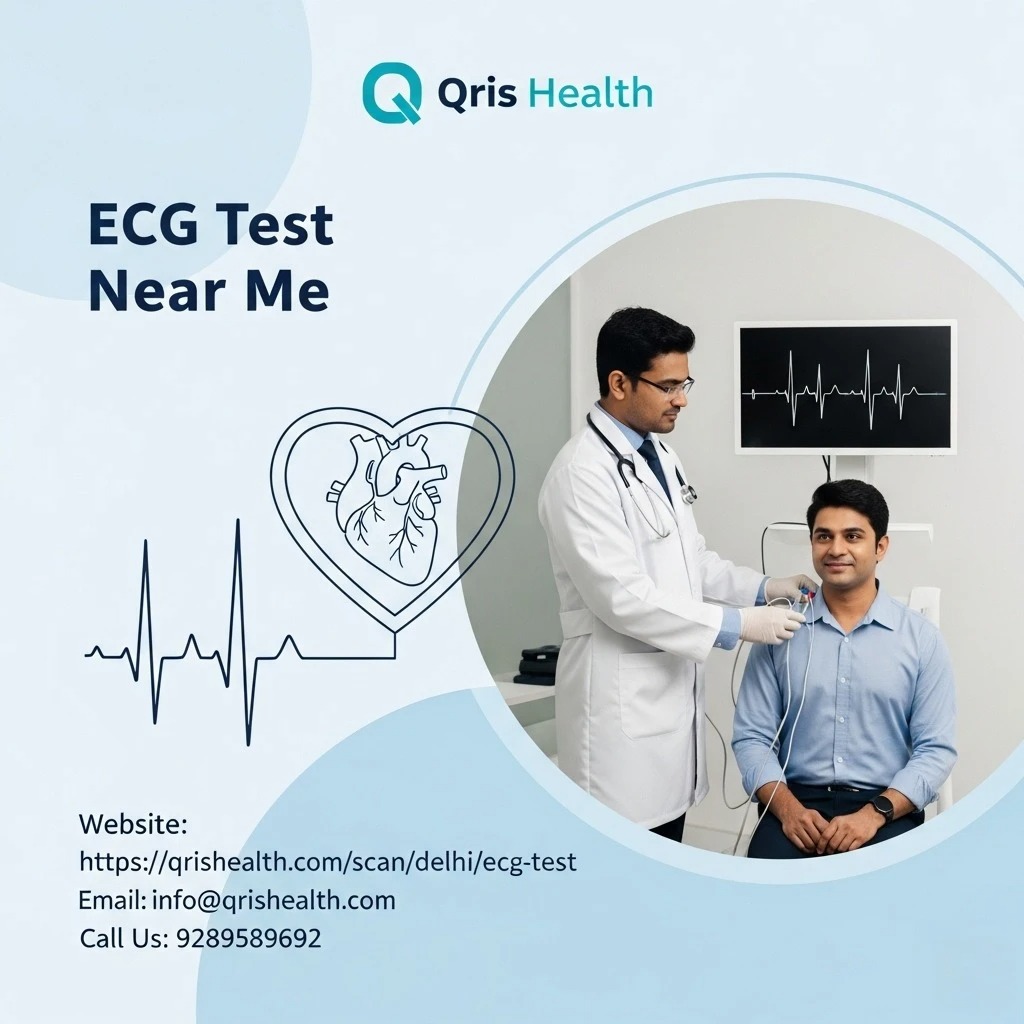What to Expect During a Full Health Checkup: 7 Must-Know Insights to Prepare Yourself

Strong 8k brings an ultra-HD IPTV experience to your living room and your pocket.
Wondering what really happens during a full health checkup? You're not alone. Millions of people delay routine health screenings simply because they don’t know what to expect. But skipping this crucial step in preventive healthcare can cost you your well-being—and your wallet. A full health checkup is your early warning system. It uncovers silent threats like diabetes, heart disease, thyroid issues, and more before symptoms even appear.
In this guide, we break down what to expect during a full health checkup, answer frequently asked questions, and help you walk into your next appointment feeling informed, confident, and in control of your health.
1. What Is a Full Health Checkup?
A full health checkup is a comprehensive package of tests that evaluate the overall functioning of your body. It typically includes blood tests, urine analysis, imaging (like X-rays or ultrasounds), ECG, and doctor consultation. The goal is simple: detect potential health issues early, even when no symptoms are present.
Most full body checkups are tailored based on age, gender, medical history, and lifestyle. For example, a 30-year-old office-goer might need a different panel than a 50-year-old diabetic patient.
2. Why Is a Full Body Health Checkup Important?
According to the World Health Organization, 60% of adult deaths in India are linked to chronic non-communicable diseases such as cardiovascular issues, diabetes, and cancer. Most of these conditions are preventable or manageable when detected early through regular checkups.
Benefits include:
- Early diagnosis of silent diseases
- Reduced risk of complications
- Cost savings in the long run
- Peace of mind with preventive healthcare
3. What Tests Are Included in a Full Health Checkup?
While the exact tests vary by provider and package, here are common tests included in a standard full body checkup:
- Complete Blood Count (CBC): Detects infections, anemia, and other blood disorders
- Liver Function Test (LFT): Evaluates liver enzymes, bilirubin levels
- Kidney Function Test (KFT): Monitors creatinine, urea levels
- Lipid Profile: Measures cholesterol and triglycerides
- Blood Sugar Test: Identifies risk of diabetes
- Thyroid Profile: Checks for hyperthyroidism or hypothyroidism
- Urine Routine Analysis: Detects infections or kidney issues
- ECG: Monitors heart rhythm and detects abnormalities
- Chest X-ray or Abdominal Ultrasound: Visual scan of organs
- Vitamin D and B12 Tests: Identifies deficiencies
Some advanced packages also include cancer markers, hormone levels, and cardiac stress tests.
4. How Should You Prepare Before a Health Checkup?
Preparation is key to accurate results. Follow these essential guidelines:
- Fasting: Avoid food or drink (except water) for 10–12 hours before blood tests
- Medication: Inform the lab about ongoing medication as it can influence results
- Hydration: Drink plenty of water to ensure smooth blood and urine sample collection
- Rest: Avoid alcohol and heavy exercise 24 hours before the test
- Clothing: Wear loose-fitting clothes for comfort during ECGs or imaging
5. What Happens on the Day of the Checkup?
Here’s a typical flow:
- Registration and Documentation
- Vital Signs Measurement – blood pressure, pulse, weight, height
- Sample Collection – blood and urine
- Imaging Tests – X-ray, ultrasound if included
- ECG and Physical Examination
- Doctor Consultation – assessment and recommendations based on reports
The entire process usually takes 2–3 hours.
6. Common FAQs
Q: Is it painful?
No, apart from a small prick during the blood sample collection, it’s non-invasive and painless.
Q: Do I need to visit a hospital?
Not necessarily. Many diagnostic labs offer home sample collection and online reports, making the process convenient.
Q: How often should I get a checkup?
Annually, especially after the age of 30. For those with chronic conditions, more frequent tests may be necessary.
Q: Will my insurance cover it?
Some health insurance plans offer wellness benefits that cover annual checkups. Check with your provider.
Q: Are the results reliable?
Yes, provided you choose NABL-accredited labs or reputed diagnostic centers.
7. Choosing the Right Lab or Provider
Not all diagnostic centers are created equal. When booking your full health checkup, prioritize:
- Accreditation (NABL, ISO)
- Transparent pricing
- Digital access to reports
- Same-day sample collection or walk-in convenience
- Qualified doctors for consultation
Conclusion
A full health checkup isn’t just another appointment—it’s an investment in your life. The early detection of diseases gives you a head start, allowing you to manage conditions more effectively and lead a longer, healthier life. With the availability of customized health packages, digital reports, and home sample collection, getting your full body checkup done is easier than ever. Don’t wait for symptoms to show up—act now and take the first step toward proactive healthcare.
Note: IndiBlogHub features both user-submitted and editorial content. We do not verify third-party contributions. Read our Disclaimer and Privacy Policyfor details.







